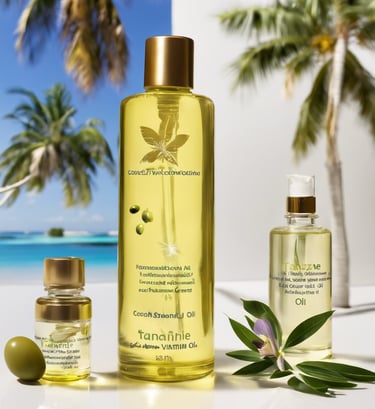Vitamin E Oil
This blog post is going to cover a topic over Vitamin E Oil its benefits, uses and what to consider when adding it to your skincare regimen. Add Vitamin E in your skincare routine and use it with other vitamins such as retinol and vitamin c for maximum benefits.
SKINCARE INGREDIENTS
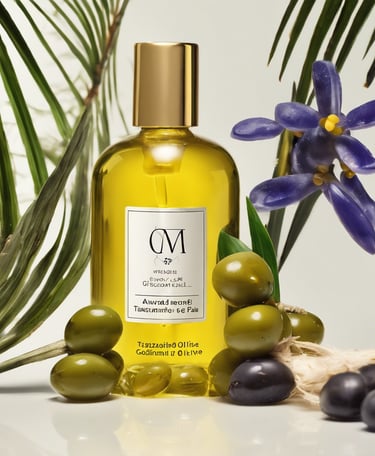

DEFINITION
Vitamin E is a fat soluble skincare ingredient with anti-oxidant properties. Vitamin E can be found in many plant oils and foods that we eat. Some of these plant oils you might recognize since you can find them in your kitchen as cooking oil or your dressing table as hair oils. These include
Safflower oil
Wheatgerm oil
Sunflower oil
Jojoba oil
Almond oil
Walnut oil
Pure Vitamin E oil can be extracted from plant oils or can be made in the lab by synthesizing the mixture of toluene and 2,3,5-trimethyl-hydroquinone by using hydrogen chloride gas as catalyst under presence of iron. The by product, all rac-alpha-tocopherol is purified by vacuum distillation then esterified.
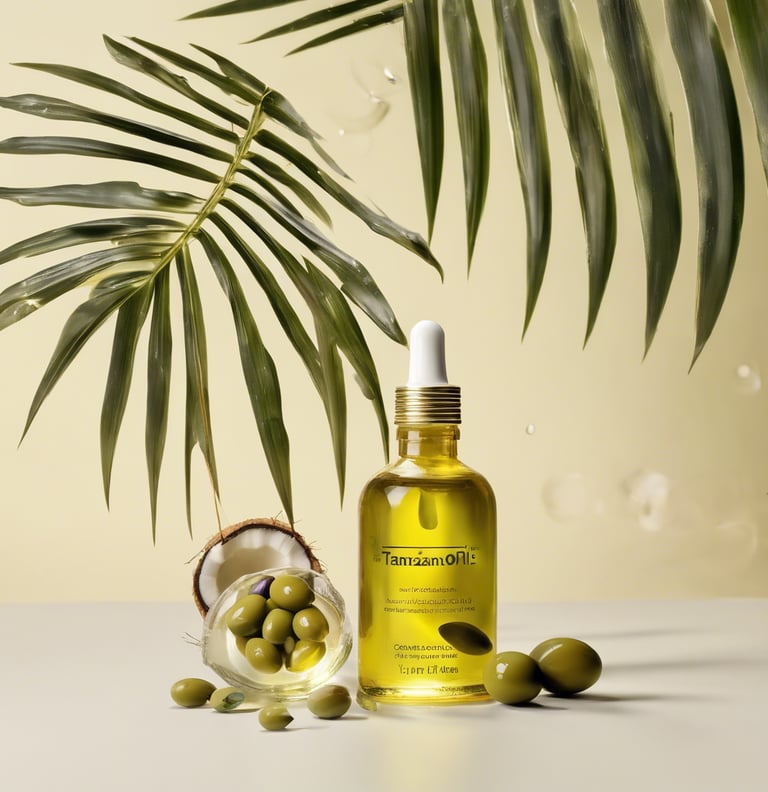

BENEFITS
Undoubtedly, Vitamin E oil has numerous advantages to skin health and should be considered in your regimen since it can
revitalize and rejuvenate the skin
keep the skin hydrated by creating a barrier which do not allow moisture to escape the skin
reduce hyperpigmentation and appearance of scars
evens the skin tone
boosts cell turnover and regeneration
FORMS OF VITAMIN E
You have to know that there are many forms of Vitamin E such as alpha-tocopherol, beta-tocopherol, gamma-tocopherol and delta-tocopherol. Other common Vitamin E derivatives include tocopherol acetate and tocopherol linoleate.
When shopping for Vitamin E oil look for words such as rrr-alpha-tocopherol (naturally derived) or d-alpha tocopherol since they deliver better results than other forms.
It is not uncommon to see tocopherol acetate on the ingredient list of skincare products as it is usually used as a preservative with percentage of less than 1%.
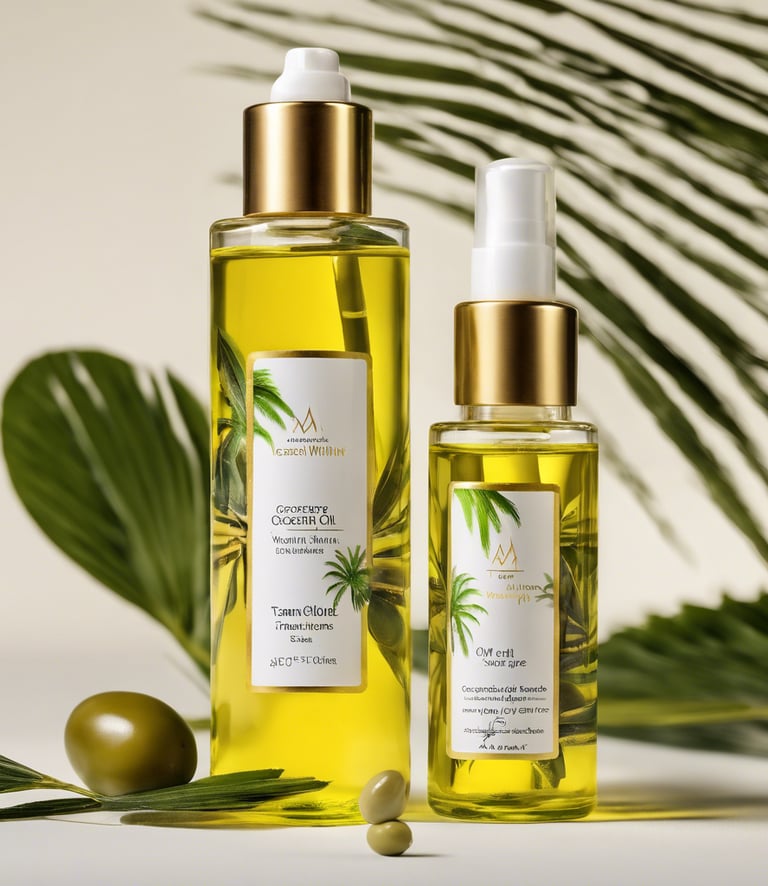

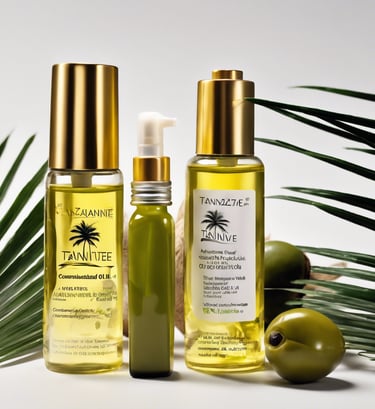

WHAT TO CONSIDER
Viscosity: medium to thicker consistency (some brands may dilute it with plant oils for easier application)
Percentage: 0.1-1.0%
Timing: AM(Daytime) and/or PM(Nighttime)
Color: mostly clear
Form: body oil, cream, lotion for body; serum for face and neck
Application order: after skin cleansing/washing use and/or water-based serum followed by Vitamin E serum
Skin type: dry skin
NOTE
To observe better results from Vitamin E oil/serum consider adding Vitamin C serum in the mix in the mix of your skincare regimen.
Do a patch test on your hand before start using it, I recommend it since it has a thicker oily consistency and its good to know if this is the feel that you may or may not tolerate.
On rare occasions some people may get reactions such as contact dermatitis from Vitamin E compounds such as tocopherol acetate or tocopherol linoleate.
